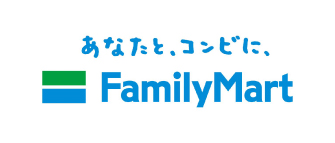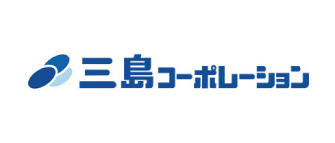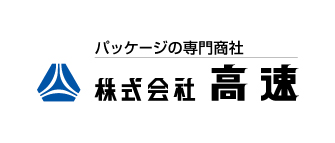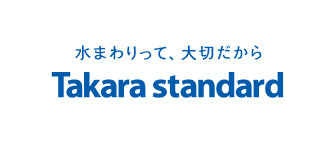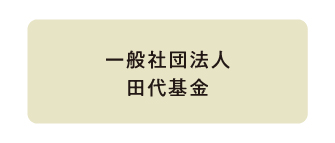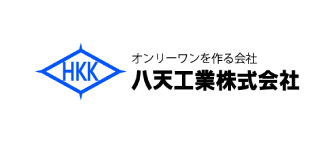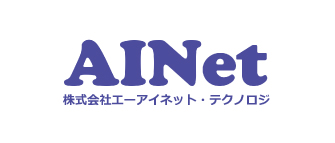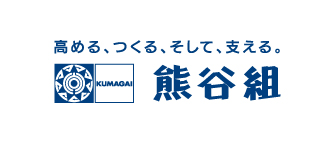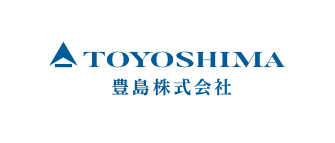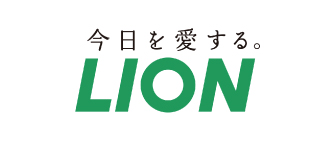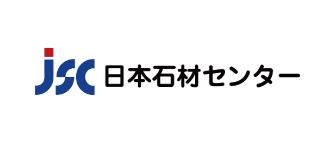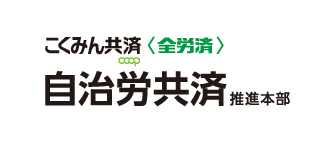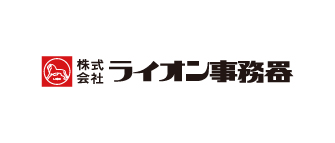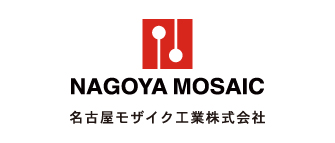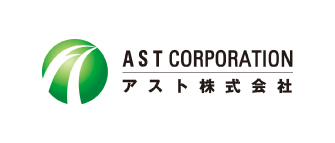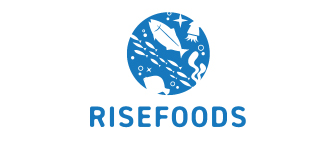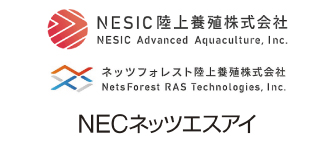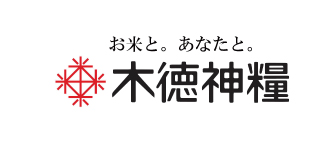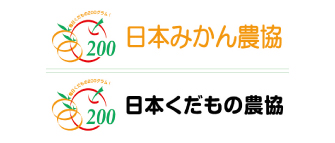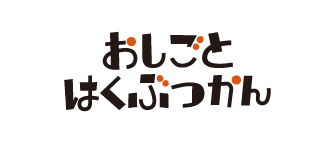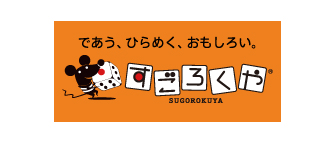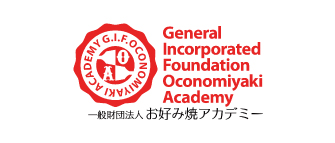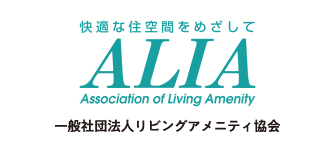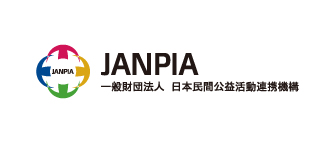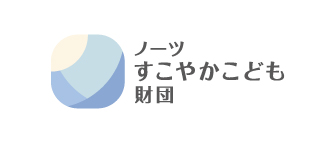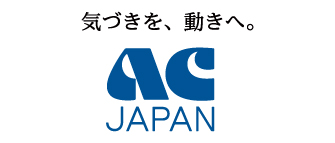認定NPO法人
全国こども食堂支援センター・むすびえ
About Musubie






Musubie acts as an intermediary, offering vital support to children’s cafeterias (kodomo
shokudo).
We aim to ensure that children’s cafeterias provide sanctuary to all children and adults.
VISION
Create a society in which no one is left behind,
by supporting children’s cafeterias
MISSION
We will establish a network of children’s cafeterias throughout Japan to ensure that everyone has a safe place to go. We will enable members of the community to help shape the future by volunteering at children’s cafeterias.
ACTION
We are working to create a society in Japan in which no one is left behind.
We support local children’s cafeteria networks
We connect with corporations and organizations interested in community development to provide assistance to children’s cafeterias
We conduct surveys and research and raise awareness to enhance community activities
Our Accomplishments
Total number of
organizations supported
12,354
(based on support provided in FY2022, including the provision of grants to 1,302 organizations and supplies to 11,052 organizations)
Total financial
support provided
approx.
1.049
billion yen
(based on support provided in FY2022, including approx. 524 million yen in grants and approx. 550 million yen of supplies)
What are Children’s Cafeterias?
Children’s cafeterias are places where children can go in groups or on their own to enjoy
a free or low-cost meal.
The concept started as a voluntary private sector initiative and has morphed into a variety of formats. Most
cafeterias are not exclusively for children, but are open to people of all age groups, both young and old, as
a place to interact, while some focus on addressing child poverty. Children’s cafeteria essentially have two
functions, to be a base for community interaction and to fight child poverty.
The number of children’s cafeterias continues to grow and there are currently estimated to be more than 10,000
nationwide.
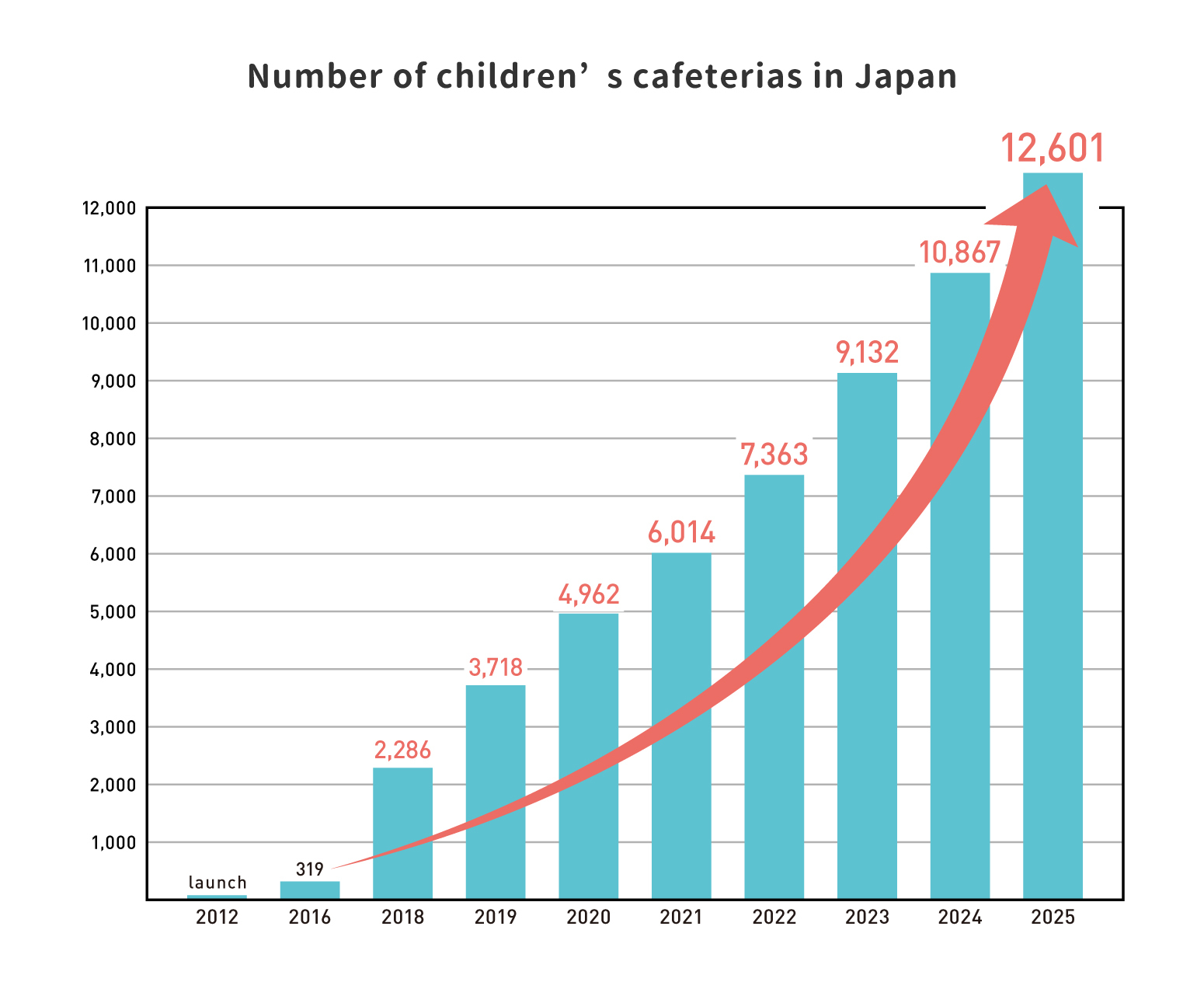
*Data up to 2016 is based on research by the Asahi Shimbun while data from 2018 is based on a research by Nationwide Children’s Cafeteria Support Center, Musubie and regional network organizations.
Background of the increase in children’s cafeterias
Japan is an aging society with a declining birthrate. It is estimated that the population
will decrease from 125.71 million in 2020 to 88.08 million in 2065.*1 The number of single-person households
is also increasing, and 18% of the population is expected to be living alone in 2040.*2 Meanwhile in 2018 the
government announced that the relative poverty rate for children was 13.5%, a rate slightly higher than other
OECD countries, which equates to one in seven children living in poverty.*3
As community ties weaken in many parts of Japan and the risk of social isolation among children and adults
with difficulties increases, Musubie is working to expand the value of children’s cafeterias as a place for
communities to interact.
Source:
*1: 2021 Annual Report on the Ageing Society (Full Version), “1. Situation of the Ageing Population (Trends in
Ageing Population and Projection for the Future Prospects for Aging)”, (Cabinet Office Japan, July 2021)
https://www8.cao.go.jp/kourei/english/annualreport/2021/pdf/2021.pdf
*2: Summary Report of Comprehensive Survey of Living Conditions 2019 , “II Income, etc., of various types of
households” (Ministry of Health, Labour and Welfare 2020)
https://www.mhlw.go.jp/english/database/db-hss/dl/report_gaikyo_2019.pdf
*3: “Overall Trends in Single-person Households: Long-Term Trends since 1970” (Fujimori, Katsuhiko 2017)
https://www.jstage.jst.go.jp/article/consumercoopstudies/494/0/494_5/_pdf
(in Japanese)
Our Activities
1
Regional Network Support Projects

Regional network organizations (intermediate support groups) that support children’s cafeterias have been established in each prefecture in response to increasing number of children’s cafeterias. We support the activities of these network organizations by working with them to provide children’s cafeterias with the support they so vitally need. Such support ranges from assisting with the opening of new children’s cafeterias to creating networks of cafeteria operators, cooperating with authorities and related organizations, acting as an intermediate for donated goods, and providing information.
2
Collaborative Projects
with Corporations and Organizations

We collaborate with corporations and organizations interested in supporting children’s cafeterias to deliver donations and programs to children’s cafeterias through regional network organizations. We provide support in the form of food and other supplies, activities to enhance safety and peace of mind at children’s cafeterias, and a variety of hands-on programs for children.
3
Surveys and Research Projects

We conduct surveys and research to find out what needs to be done to make children’s cafeterias more commonplace in society and accessible to more children. We use the results our surveys and research to broaden regional and social understanding of the cafeterias and to establish appropriate systems and government policies to ensure their success.
Companies and organizations that support our activities
Media Coverage
Profile

| Name | Certified Nonprofit Corporation Nationwide Children’s Cafeteria Support Center, Musubie |
|---|---|
| Location | 16F Link Square Shinjuku, 5-27-5 Sendagaya, Shibuya-ku, Tokyo, Japan |
| Established | 2018 |
| President and CEO | Mishima Rie < Profile> Mishima Rie is a founding member of the Japan Fundraising Association (JFRA), established in 2009 to foster a culture of giving, and also contributed to the launch of "Giving December," a collaborative donation campaign among businesses, NPOs, governments, international organizations, and other groups. In the course of working toward the realization of a society where people can feel supported in times of need, Mishina learned about Kodomo Shokudo and contributed to the founding of Musubie. At Musubie, Mishima serves as Program Officer of the Dormant Deposit Utilization Project and as leader of several projects, including the launch of the AEON Kodomo Shokudo Support Team. Mishima, also a certified fundraiser, served as the Strategic Advisor for Bureau of Welfare and Child Future, Kanagawa Prefectural Government (June 2023 - March 2024) and currently lives in Onomichi City, Hiroshima Prefecture. |
| Main projects | - Regional network support projects - Collaborative projects with corporations and organizations - Surveys and research projects |
Inquiries *Link to Contact Form
Contact Form
